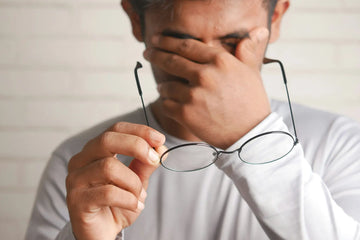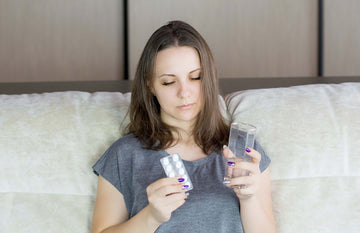Does Weed Help Hangovers?
Introduction to Hangovers
Hangovers are the unpleasant aftermath of excessive alcohol consumption. They typically involve symptoms such as headache, nausea, fatigue, sensitivity to light and sound, and dehydration. While prevention is the best approach to avoid hangovers, many people seek remedies to alleviate their symptoms when they occur.
Understanding Weed
Weed, also known as marijuana or cannabis, is a psychoactive drug derived from the Cannabis plant. It contains compounds such as THC (tetrahydrocannabinol) and CBD (cannabidiol) that interact with the body's endocannabinoid system, affecting various physiological processes
Does Weed Help Hangovers?
Theoretical Basis
There's anecdotal evidence suggesting that weed may alleviate some hangover symptoms. This hypothesis is based on the known effects of cannabis, including its analgesic, antiemetic, and sedative properties.
Research Studies
Several studies have explored the relationship between cannabis use and hangovers. A study published in the Journal of Addictive Diseases found that marijuana users reported fewer hangover symptoms compared to alcohol-only drinkers. Another study in the Journal of Cannabis Research indicated that cannabis use was associated with reduced nausea and headache severity in individuals experiencing hangovers.
How Weed Might Help with Hangovers
Alleviating Nausea
One of the most common symptoms of hangovers is nausea. THC, the primary psychoactive component in weed, has been shown to reduce nausea and vomiting by interacting with the body's endocannabinoid receptors. This may provide relief for individuals experiencing hangover-induced nausea.
Reducing Headache
Headaches are another prevalent symptom of hangovers, often attributed to dehydration and inflammation. Some research suggests that cannabinoids, particularly CBD, possess anti-inflammatory properties that could potentially alleviate headache discomfort.
Enhancing Sleep
Quality sleep is essential for the body to recover from alcohol-induced fatigue and other hangover symptoms. Certain strains of cannabis have sedative effects that may promote relaxation and improve sleep quality, aiding in hangover recovery.
Potential Risks and Considerations
While weed may offer relief for some hangover symptoms, it's important to consider potential risks and individual factors:
Interaction with Alcohol: Combining alcohol and weed can amplify the effects of both substances and may increase impairment.
Personal Tolerance: Individual responses to cannabis vary, and some people may experience adverse effects or heightened hangover symptoms after using weed.
Conclusion
While there is some evidence suggesting that weed may help alleviate hangover symptoms, more research is needed to fully understand its effectiveness and safety. Individuals should exercise caution and consider their personal tolerance and potential risks before using cannabis as a hangover remedy.
FAQs
- Is weed a reliable hangover cure?
- While some people find relief from hangover symptoms with weed, its effectiveness varies from person to person.
- Can smoking weed worsen a hangover?
- Combining weed with alcohol can intensify impairment and may exacerbate hangover symptoms in some individuals.
- Are there any side effects of using weed for hangovers?
- Common side effects of cannabis use include dry mouth, increased heart rate, and impaired coordination.
- How should I consume weed for hangover relief?
- Consumption methods vary, but smoking or vaping cannabis may offer faster relief compared to edibles or tinctures.
- Should I consult a doctor before using weed for hangovers?
- It's advisable to consult a healthcare professional, especially if you have underlying health conditions or are taking medication.
///
Please note: Intended for educational and informative purposes only and not intended to serve as medical or professional advice. For medical attention or advice you should consult your physician or other health care professional.





